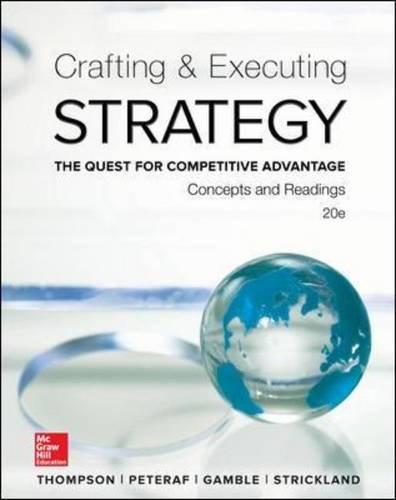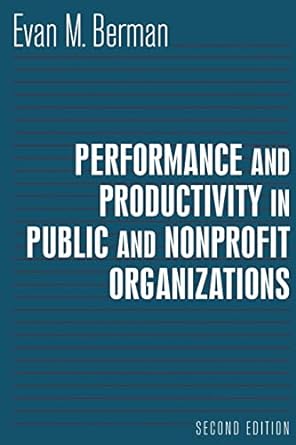Go back


Healthy At Work Interdisciplinary Perspectives(1st Edition)
Authors:
Markus Wiencke , Mirella Cacace , Sebastian Fischer

Cover Type:Hardcover
Condition:Used
In Stock
Shipment time
Expected shipping within 2 DaysPopular items with books
Access to 30 Million+ solutions
Free ✝
Ask 50 Questions from expert
AI-Powered Answers
✝ 7 days-trial
Total Price:
$0
List Price: $118.14
Savings: $118.14(100%)
Solution Manual Includes
Access to 30 Million+ solutions
Ask 50 Questions from expert
AI-Powered Answers
24/7 Tutor Help
Detailed solutions for Healthy At Work Interdisciplinary Perspectives
Price:
$9.99
/month
Book details
ISBN: 3319812580, 978-3319812588
Book publisher: Springer
Get your hands on the best-selling book Healthy At Work Interdisciplinary Perspectives 1st Edition for free. Feed your curiosity and let your imagination soar with the best stories coming out to you without hefty price tags. Browse SolutionInn to discover a treasure trove of fiction and non-fiction books where every page leads the reader to an undiscovered world. Start your literary adventure right away and also enjoy free shipping of these complimentary books to your door.
Book Summary: This book aims at exploring the link between corporate and organizational culture, public and private policies, leadership and managerial skills or attitudes, and the successful implementation of work-related healthcare in Europe. Therefore it brings together a wide range of empirical and theoretical contributions from occupational health, management, psychology, medicine, economics, and (organizational) sociology to address the question of how to sustainably promote occupational health. Such important questions are explored as: What aspects of a corporate culture can be associated with health issues? How does leadership style affect the health of employees? How are health-related decisions in the workplace affected by the political environment? To what extent are interventions influenced by corporate culture, leadership and public policy? How can we make such interventions sustainable?
Customers also bought these books
Frequently Bought Together
Top Reviews for Books
Jordan Randall
( 4 )
"Delivery was considerably fast, and the book I received was in a good condition."










